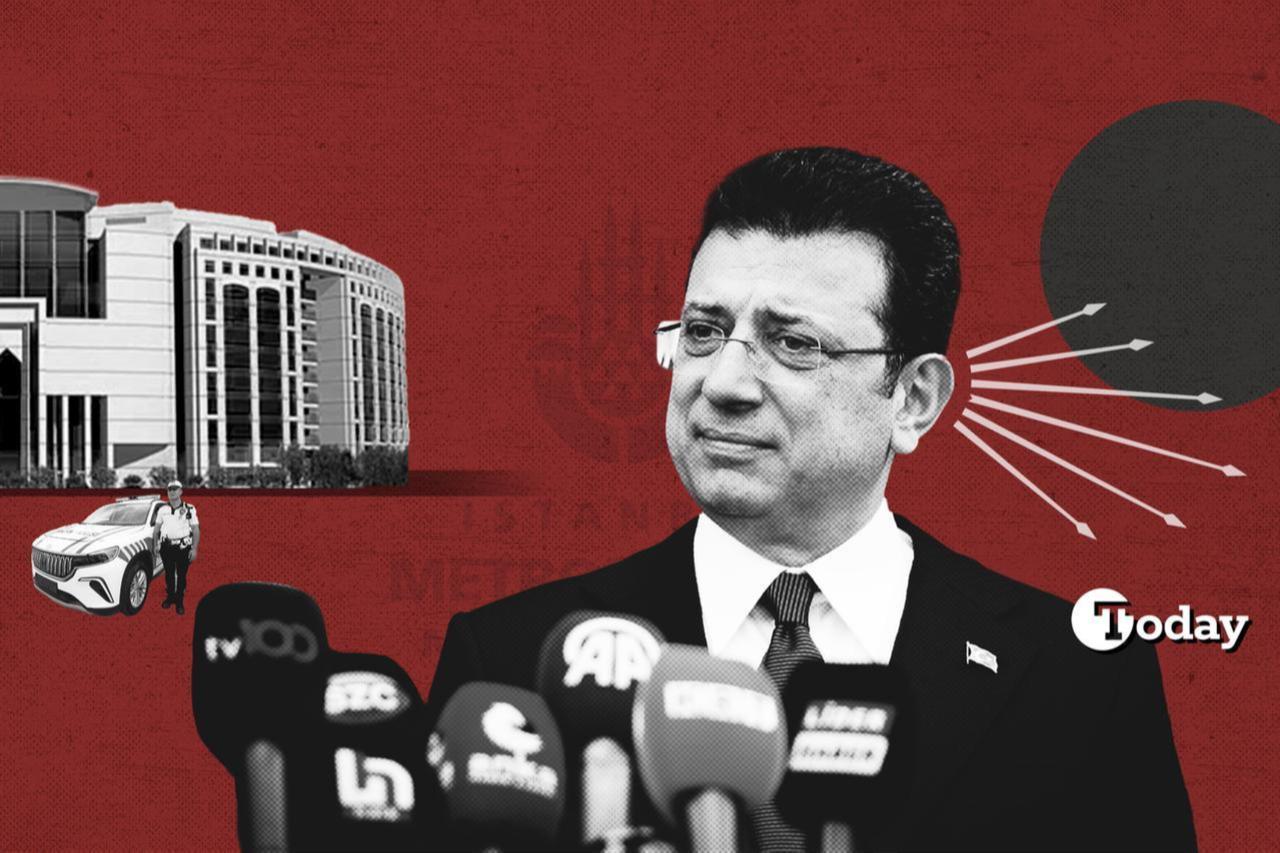
Former Istanbul Mayor Ekrem Imamoglu stated that if his candidacy for the 2028 presidential elections is blocked, the opposition should unite around a common candidate.
Currently detained at Silivri Marmara Prison, Imamoglu said in a written response, “Democratic opposition must remain united. Even if I am not able to run, another figure can carry this vision forward.”
Imamoglu also addressed international leaders: "I am reaching out to leaders in Washington, Berlin, London, and other places: If you want a stable and democratic Türkiye, do not remain silent while democracy is being destroyed before your eyes."
This call has been criticized by some as taking Türkiye’s internal issues to foreign actors and interpreted as seeking “foreign intervention.”

If Imamoglu is legally prevented from running in the 2028 presidential elections, alternative candidate searches within the Republican People's Party (CHP) may emerge. CHP Chairman Ozgur Ozel told Turkish media outlet T24, “If there comes a point where he cannot run, we will look at who can win and who is the most suitable candidate. We will make that decision collectively.”
Journalist Saban Sevinc, writing in Karar newspaper, noted that if Imamoglu is in prison and legally cannot submit his candidacy, CHP Chairman Ozgur Ozel could emerge as a potential presidential candidate. This scenario has also been discussed at the party’s extraordinary congress and has received support among delegates.
CHP appears to adopt the approach that “whoever the candidate is, they should carry Imamoglu’s vision.” Imamoglu himself stated, “If necessary, another figure will come forward, but that person will pursue our vision of justice, prosperity, and peace with the same determination,” signaling his support for this strategy.
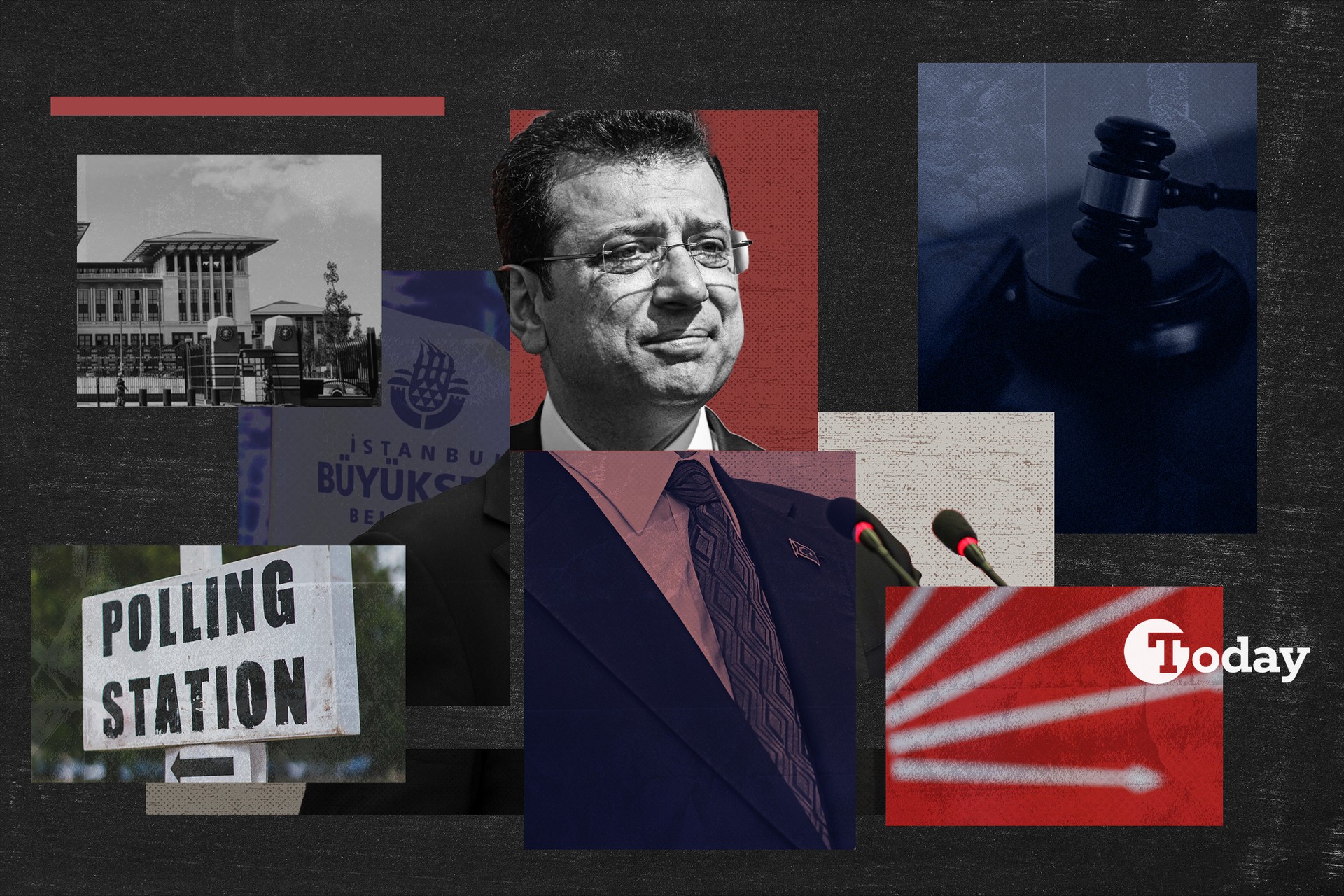
Although Imamoglu’s legal troubles are often framed politically, the ongoing cases are fundamentally criminal in nature, involving serious allegations under Türkiye’s Penal Code.
Imamoglu was detained on March 19 and formally arrested on March 23, being sent to Silivri Marmara Prison. He faces both finalized sentences and ongoing investigations:
| TCK Article | Crime Definition | Foreseen Penalty |
|---|---|---|
| TCK 220/1 | Establishing or managing an organization to commit a crime | 4 to 8 years imprisonment |
| TCK 220/7 | Deliberate assistance to a terrorist organization without being a member | 1 to 3 years imprisonment |
| TCK 314/2 | Membership in an armed terrorist organization | 5 to 10 years imprisonment |
| TCK 135 | Illegally recording personal data | 1 to 3 years imprisonment |
| TCK 252 | Public official accepting bribes or gaining benefit | 4 to 12 years imprisonment |
Finalized sentence and political ban
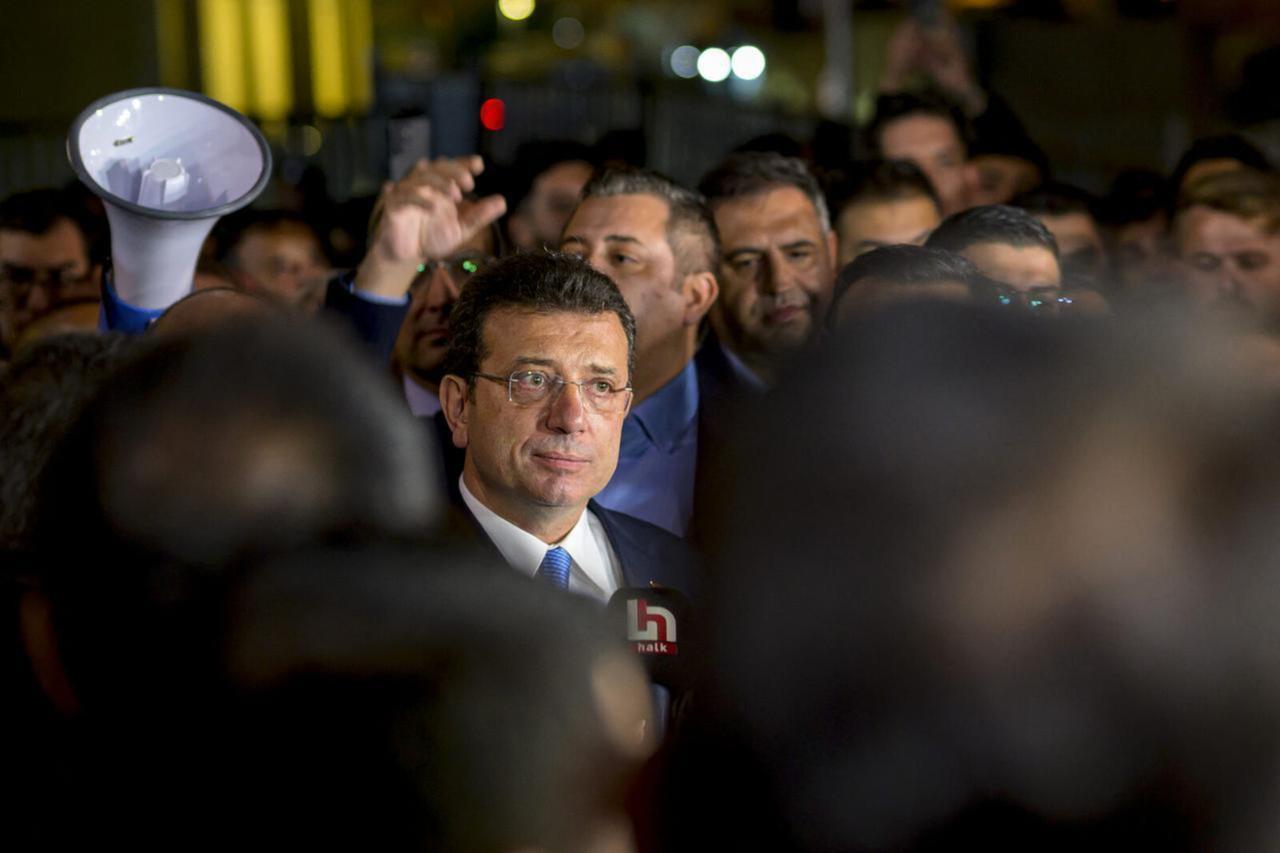
Ongoing cases and investigations
Terror and corruption investigations
Imamoglu denies all allegations, claiming the cases are politically motivated. His lawyers argue that many accusations rely on secret witness statements and procedural irregularities.
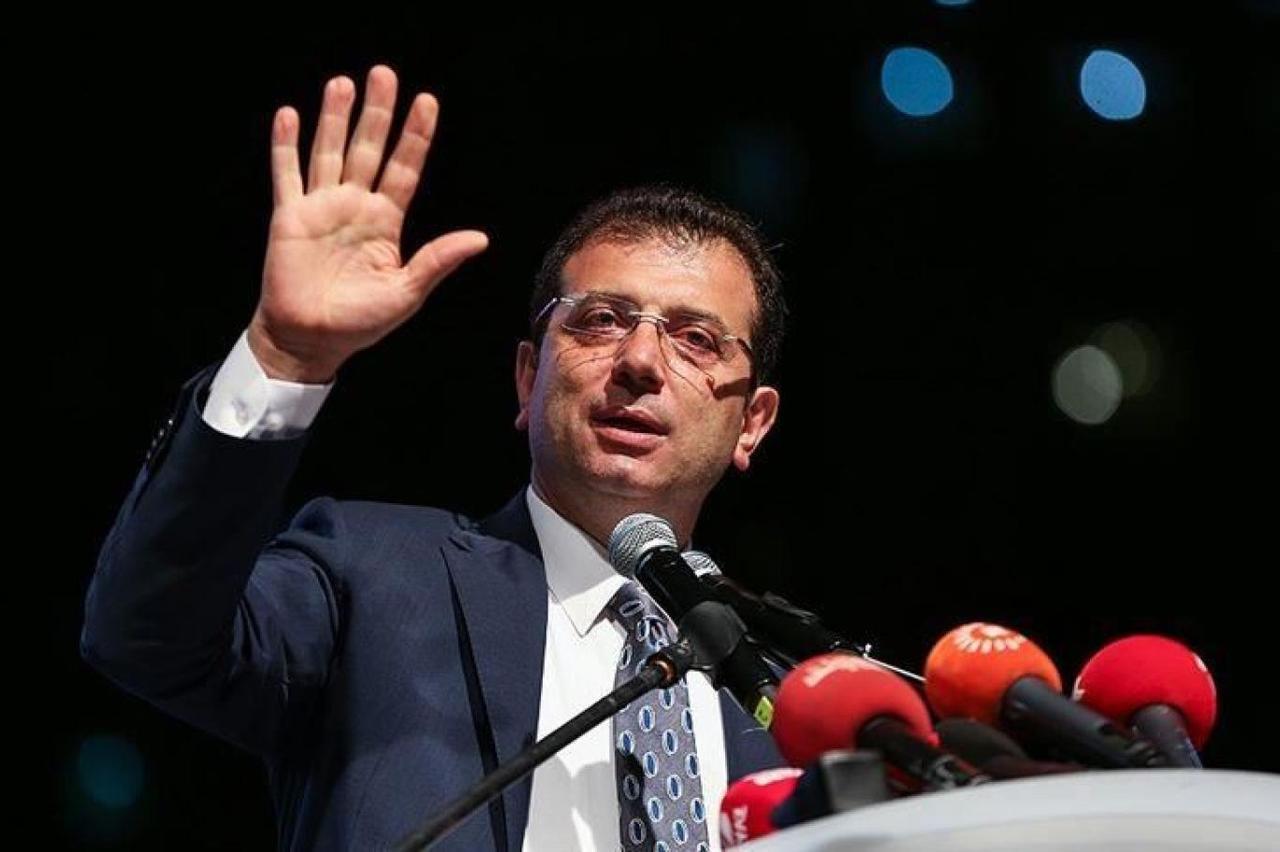
While Imamoglu’s detention has triggered broad solidarity among the opposition, it has also generated criticism, especially within CHP and the broader opposition public, targeting his political communication style, candidacy strategy, and foreign policy statements.
Municipal performance: Delays in some Istanbul Metropolitan Municipality projects, debates over merit-based appointments, and perceived lack of transparency have amplified criticisms of his governance style. Allegations of politically motivated senior appointments have drawn public attention.
Political language and tone: His occasionally sharp rhetoric, particularly toward judicial members, has triggered legal processes and criticism for creating “unnecessary tension with state institutions.”
Seeking international support: Imamoglu’s appeal to international leaders has also faced criticism. Such outward-facing calls raise the question of whether the opposition should pursue democratic struggle through domestic mechanisms or rely on international pressure.
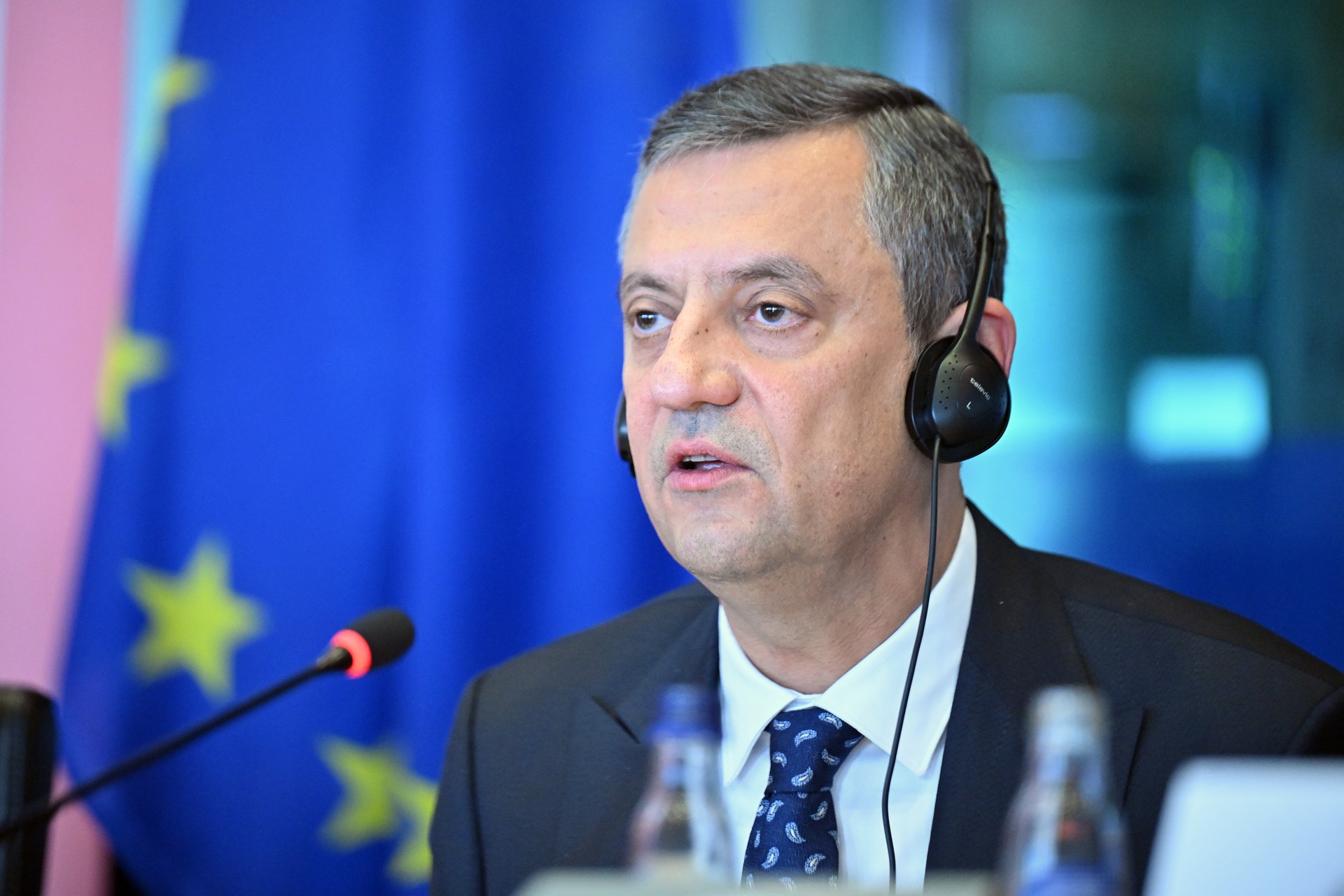
Similarly, CHP Chairman Ozgur Ozel’s interviews with the foreign media, calling out U.K. Prime Minister Keir Starmer, drew reactions. Ozel told the BBC, “We feel abandoned. How can this be friendship?” These statements were interpreted as “complaining about Türkiye to foreign media,” drawing criticism from both the government and some opposition circles.
Imamoglu’s political stance has become a polarizing figure, attracting both strong support and criticism.